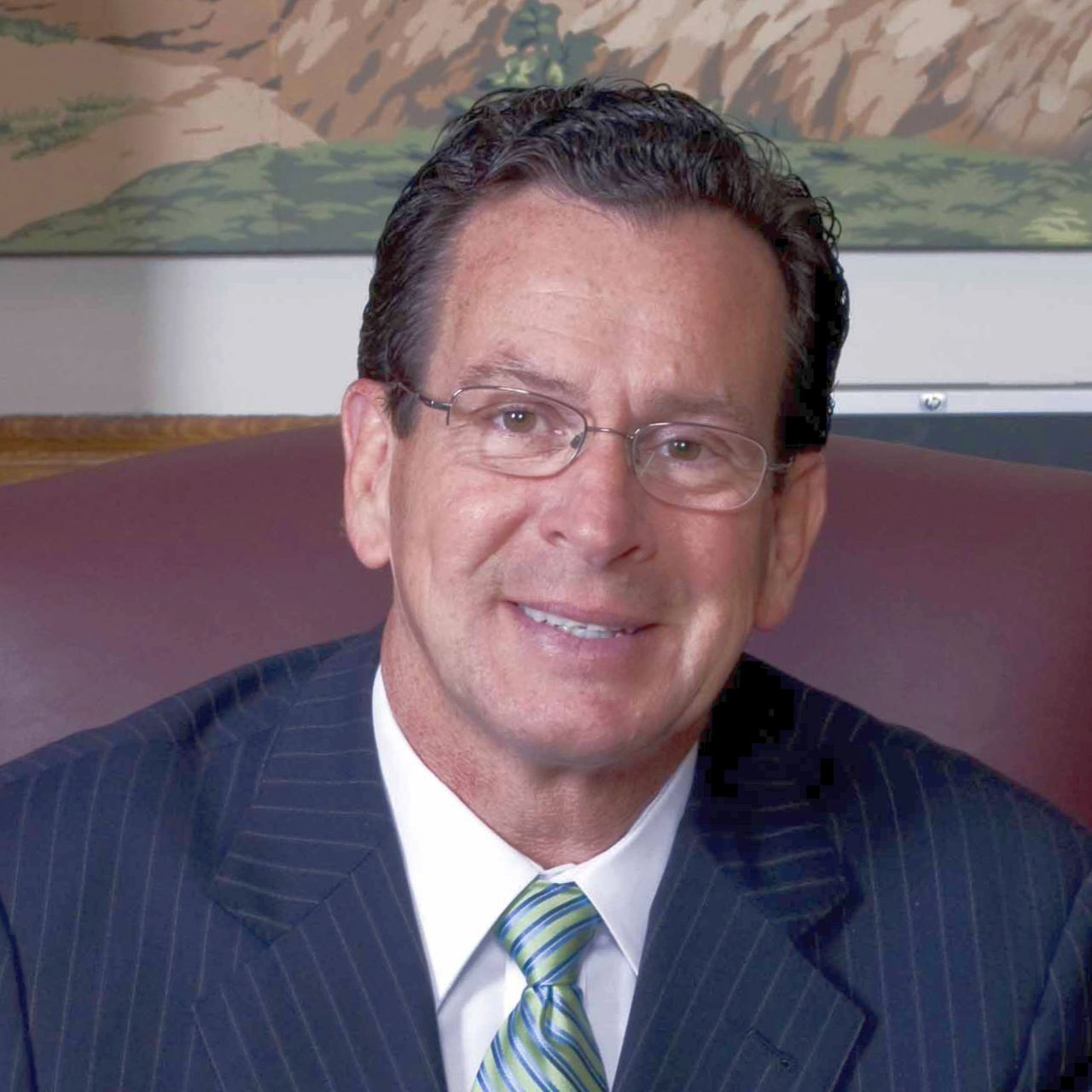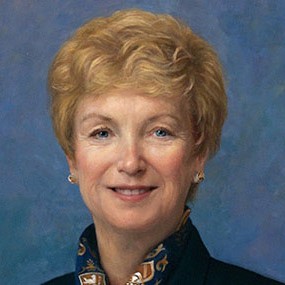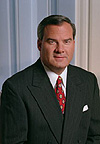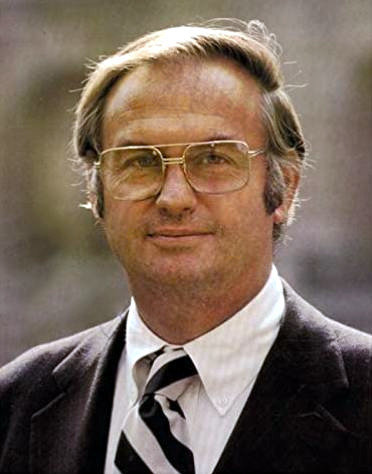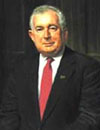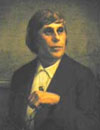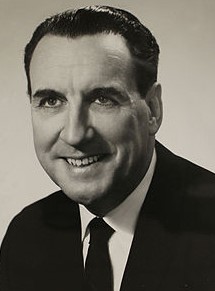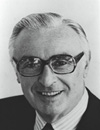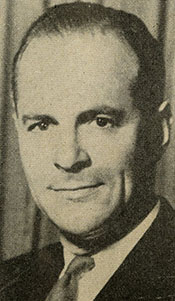This website uses cookies so that we can provide you with the best user experience possible. Cookie information is stored in your browser and performs functions such as recognizing you when you return to our website and helping our team to understand which sections of the website you find most interesting and useful. Please see our privacy policy for more information.
Connecticut
Gov. Oliver Wolcott Jr.
- May 7, 1817 - May 1, 1827
- Jeffersonian-Republican
- January 10, 1760
- May 31, 1833
- Connecticut
- Yale University
- Married Elizabeth Stoughton; seven children
- Cabinet secretary
- Army
About
OLIVER WOLCOTT JR., son of Connecticut Governor Oliver Wolcott Sr. (1796-1797) and grandson of Colonial Connecticut Governor Roger Wolcott (1751-1754), was born on January 11, 1760, in Litchfield, Connecticut. He graduated from Yale University in 1778, studied law, and was admitted to the bar in 1781. During the Revolutionary War, Wolcott served as a volunteer, and was appointed to the Quartermasters Department, where he served as an aide-de-camp to his father, General Oliver Wolcott. Wolcott entered politics in 1784, as a state commissioner who assisted in resolving the financial dispute between Connecticut and the federal government. He served as Connecticut’s Comptroller of Accounts from 1788 to 1789, was auditor from 1789 to 1791, and served as Comptroller of the United States from 1791 to 1795. Wolcott was appointed by President George Washington as the U.S. Secretary of Treasury, and served from 1795 to 1800. He was accused by political adversaries in 1800 of setting fire to the state department and resigned from the cabinet in protest agains the investigation. He founded the Oliver Wolcott and Company in 1803, was president of the Merchant’s Bank of New York, and was a co-founder and president of the Bank of America. Wolcott reentered politics when he returned to his native state. On April 7, 1817, he was elected Governor of Connecticut, and on May 8, 1817, he was sworn into office. He was reelected to the governorship for the next nine years. During his tenure, a comprehensive tax reform was constituted, state officers salaries were reduced, and a law was passed allowing immigrants to own property. Also, a constitutional convention devised a new system of government that was accepted by the people in October 1818, and Washington College (later named Trinity College) was instituted in 1823. He was a delegate to the Connecticut state constitutional convention in 1818. Wolcott ran unsuccessfully as an Independent for reelection in 1827, and left office on May 5, 1827. Governor Oliver Wolcott Jr. died in New York on June 1, 1833, and he is buried at the East Cemetery, Litchfield, Connecticut. Governor Wolcott was the son of Connecticut Governor Oliver Wolcott Sr. (1796-1797) and the grandson of Roger Wolcott, colonial governor of Connecticut (1750-1754).
Source
Sobel, Robert, and John Raimo, eds. Biographical Directory of the Governors of the United States, 1789-1978, Vol. 1, Westport, Conn.; Meckler Books, 1978. 4 vols.


